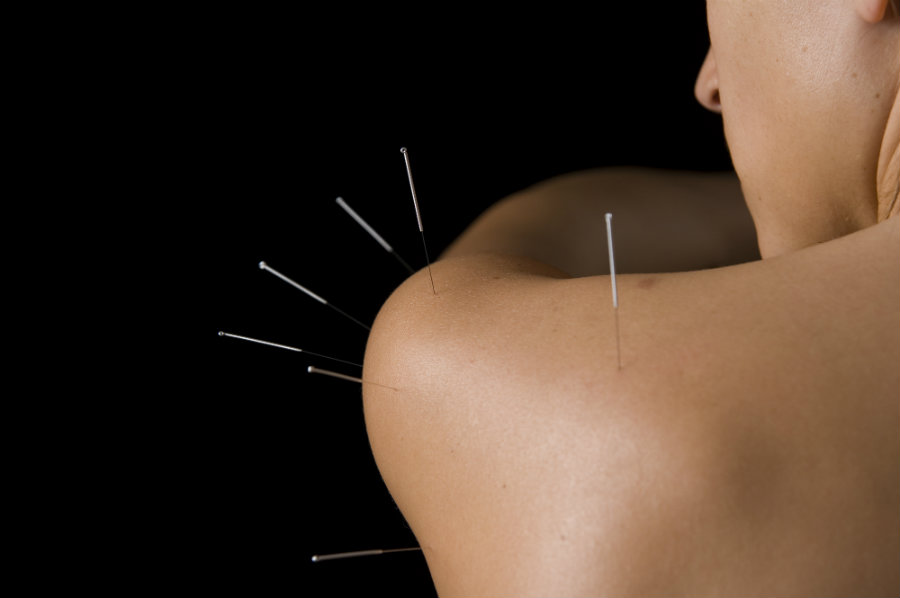According to scientists from the Wuhan University in China, patients diagnosed with dementia should undergo needle therapy as much as possible, as it slows the development of the disease.
The meta-study was published in the journal Acupuncture in Medicine, where 568 patients with early dementia were analyzed. It comprised ten different research efforts, where five of them featured patients receiving acupuncture, sometimes alongside nimodipine, a relatively common medication to treat dementia.


Through Folstein questionnaires and visual tests, the studies measured each patient’s cognitive impairment level. The results showed that patients who had received acupuncture therapy produced a better score on the tests. This was more notable in patients who were also taking nimodipine.
So, is acupuncture effective?
What keeps researchers at doubt is the placebo effect and the fact that the study was carried out in China, where acupuncture treatments and other methods of alternative medicine are frequent.
“Chinese patients may have a preference for acupuncture treatment over medical intervention, and the design of the included studies did not control for potential placebo effects. Therefore, rigorous clinical studies in Western settings should be considered before extrapolating the results to other populations,” the researchers stated.
It is estimated that the UK spends at least $32 million a year on acupuncture, this is mainly because the National Health Service has recognized that the treatment appears to be effective in treating minor conditions, such as headaches, nausea, back pain, and others. It is also true that half of the doctors in the UK had prescribed acupuncture to their patients.
Out of every alternative medicine treatment, acupuncture appears to have the largest following. Currently, there is no evidence as to how puncturing can treat pain, but research suggests that the effect is always weak, where some patients see benefits and others do not.
How does it work?
Acupuncture is based on the theory that there are 12 channels throughout the body, and when chi is unable to flow seamlessly, disease and pain occur, supposedly because of infections, injuries, and stress. The acupuncturist then inserts needles on specific points to try and “restore the flow of chi,” thus helping the body achieve a faster recovery.
Thousands of studies have been made on acupuncture, and none of them have yielded substantial evidence on why it works. Some scientists propose that the feeling of puncture is linked to a release of endorphins, which are the body’s natural painkillers, but this is also yet to be proven. Others suggest that puncturing specific sections of the spinal cord alters the intensity of pain signals.
The main issue lies in the fact that it is not easy to replicate a needle placebo effect without actually inserting the needle. Doctors circumvent the lack of evidence by prescribing anything that would help the patient deal with its disease, without causing further harm. Because it is so difficult to prove any significant benefit out of acupuncture, besides the fact that treatment is not invasive, giving it a try may be a good choice if traditional medicine is not an option.
Source: Acupuncture in Medicine
